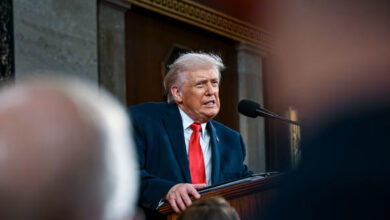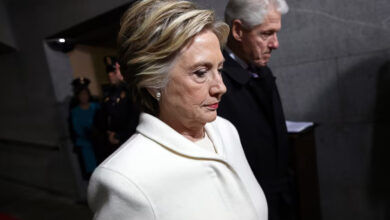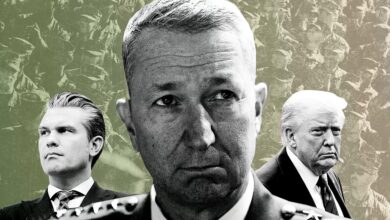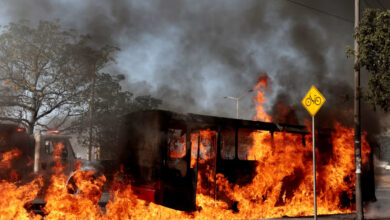
Brazil crossed a line on Thursday that it had never dared before: its Supreme Court convicted former President Jair Bolsonaro of plotting to overthrow democracy, sentencing him to more than 27 years in prison. At 70, the verdict leaves him facing the prospect of spending the rest of his life behind bars.
The decision marks an extraordinary break with the country’s history of deferring justice in the name of peace. For decades, generals, coup-plotters, and torturers walked free under the shield of amnesty laws passed after the country’s 21-year dictatorship. Now, the same institutions once intimidated by authoritarian power have declared that a former commander-in-chief conspired to revoke the 2022 election, assassinate rivals, and eventually unleash street chaos to hold on to power.
The events in Brasília are reverberating beyond Brazil. The trial has become a global flashpoint, seized upon by right-wing movements in the United States and Europe as proof of what they call judicial overreach. Just days before the verdict, on Brazil’s Independence Day, a giant US flag was unfurled over a sea of Bolsonaro supporters marching down São Paulo’s Paulista Avenue – a striking symbol of how deeply that slice of the Brazilian population identifies with their counterparts in America and a visual manifestation of the shared language of grievances between the MAGA crowd and Bolsonarismo.
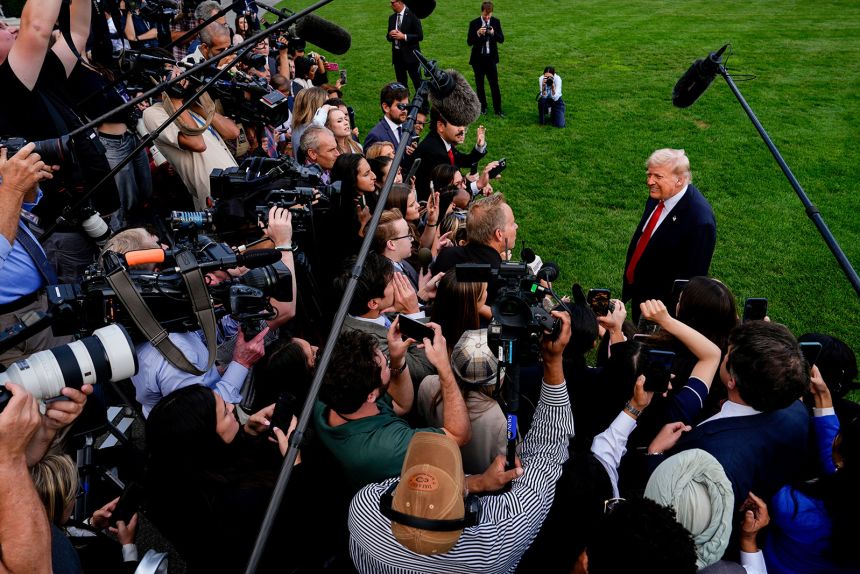
That connection became even more apparent when US President Donald Trump told reporters hours after the decision that he was “very surprised” by the result and that the trial was “very much like they tried to do with me, but they didn’t get away with it at all.” The White House had already slapped 50% tariffs on Brazilian imports in direct response to Bolsonaro’s prosecution, with Trump branding the case a “witch hunt” in a letter to Brazilian authorities in July. Earlier this week, as justices had already begun reading their decisions, White House Press Secretary Karoline Leavitt was asked about Bolsonaro during a briefing and said that Trump would not be afraid to use the US’s economic and military might to protect free speech around the world.
All of these developments were celebrated by notable Bolsonaro supporters in Brazil and abroad as the result of a years-long campaign to garner support for their cause in Trump’s inner circle. For the past few years, MAGA media has every now and then turned its attention to Bolsonaro’s investigation and trial “as a harbinger of things to come” to the United States, as the late conservative activist Charlie Kirk said on his YouTube show in March.

“What they are doing to Bolsonaro is exactly what they would have liked to do to President Donald Trump,” Kirk said. Kirk had railed against the investigation of Bolsonaro for years, with Bolsonaro even speaking at a Turning Points USA event in Florida in 2023, introduced by Kirk himself. In that March broadcast, Kirk directly urged Trump to punish Brazil with tariffs and sanctions over what he called the “reckless, immoral behavior” of its Supreme Court.
But despite the tariffs and rhetoric from the White House, the court pressed on. The historic ruling in Brasília unfolded just a day after Kirk was fatally shot at a Utah rally. Justice Flávio Dino, in his own opinion from the bench, called Kirk’s death a “grave political crime” as he pondered the impact of offering amnesty to those who swarmed the US Capitol on January 6. “There is this idea that amnesty, forgiveness, equals peace. But forgiveness was granted in the United States, and there is no peace.”
Following Kirk’s death, Bolsonaro’s allies flooded social media with tributes, framing him as a martyr of their same global struggle, another notch on the narrative that their fight and Trump’s are one and the same.
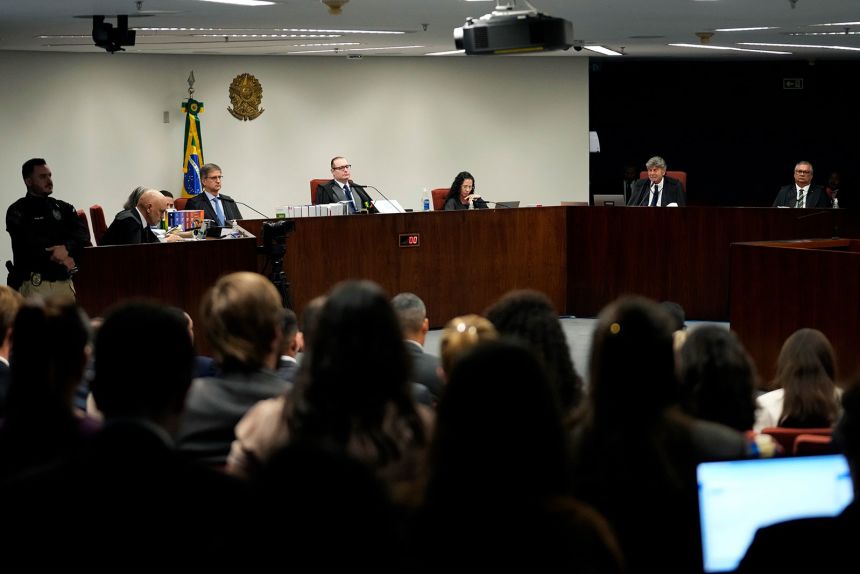
In Brasília, though, the courtroom told a different story: months of evidence of a coup in the making, and echoes of a country still haunted by the ghosts of its dictatorship. Brazil’s reckoning with Bolsonaro is inseparable from its longer struggle to confront its authoritarian past. For four decades, the country has lived under the shadow of a regime that ended in 1985 without trials or jail time for those who presided over torture, forced disappearances, exiles, and executions. In 1979, Congress passed a sweeping Amnesty Law that shielded both the regime’s enforcers and their opponents from prosecution. The measure was presented as a step toward “national reconciliation,” but in practice it meant impunity: coup-plotters, generals, and torturers walked free, many living out their lives with full military honors and pensions.
Democratic government that followed largely left that bargain intact, choosing stability over justice. It was only in 2012, with the creation of the National Truth Commission, that the state attempted to formally investigate past crimes. The commission named 377 officials responsible for torture and killings and documented more than 200 cases of disappearances and deaths. But it carried no prosecutorial power, and its central recommendation, namely revisiting the 1979 Amnesty Law, was ignored. The institutions of the new democracy were fragile, and the military still wielded enough influence to block meaningful accountability.
Brazilian society then produced a culture of forgetting, where “turning the page” was treated as an act of peace rather than avoidance. The failure to punish past crimes left deep scars, but it also created an appetite for justice in the present.
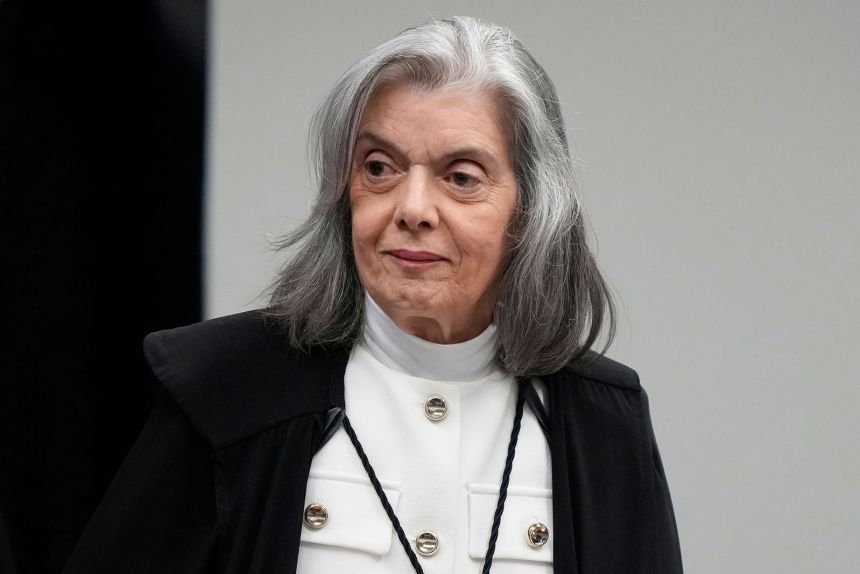
As Justice Cármen Lúcia noted in her decisive vote this week, the Bolsonaro case is “an encounter between Brazil’s past, its present, and its future” – a reminder that leaving wounds untreated can make them fester. “Our Republic has the melancholy history of having had too few republicans,” she added, stressing on the fortieth anniversary of the return to civilian rule, Brazil has to show it is capable of defending its democracy.
The case against Bolsonaro was followed closely in the US because it looked so familiar: an embattled leader, a mob in the capital, claims of election fraud. But Brazil’s judiciary chose to act decisively. In doing so, it drew an implicit comparison, and perhaps a challenge, to its northern counterpart.
In March, Kirk had said that “Brazil is a canary in the coal mine” for the United States. With Bolsonaro now convicted and sentenced, that warning has become a rallying cry on the American right – but it also underscores the differences between the two countries. For Brazil, the verdict is proof that even a former president can be held accountable. For the US, it is a reminder of the road not taken.

